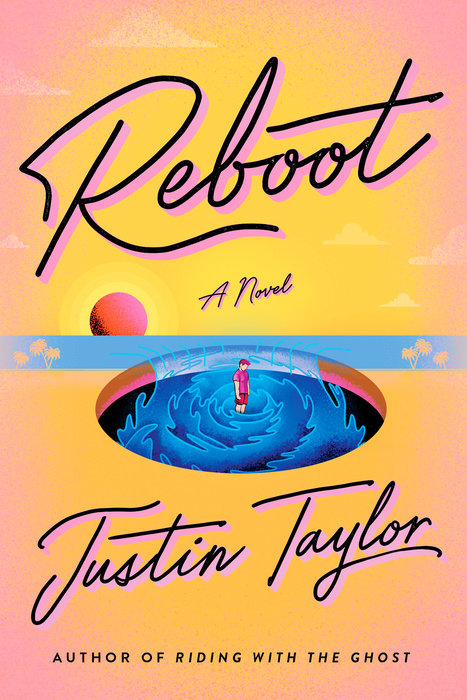
The past looms large in Ian Maloney’s novel South Brooklyn Exterminating — both through the novel’s setting in the recent past and the ways in which it invokes the rich literary history of New York City. It follows several years in the life of its protagonist, from his childhood assisting his father in the field of pest control to his gradual awareness of unsettling truths about their family. I spoke with Maloney about the novel’s genesis, its evolution, and writing about a part of Brooklyn that isn’t always in the spotlight.







